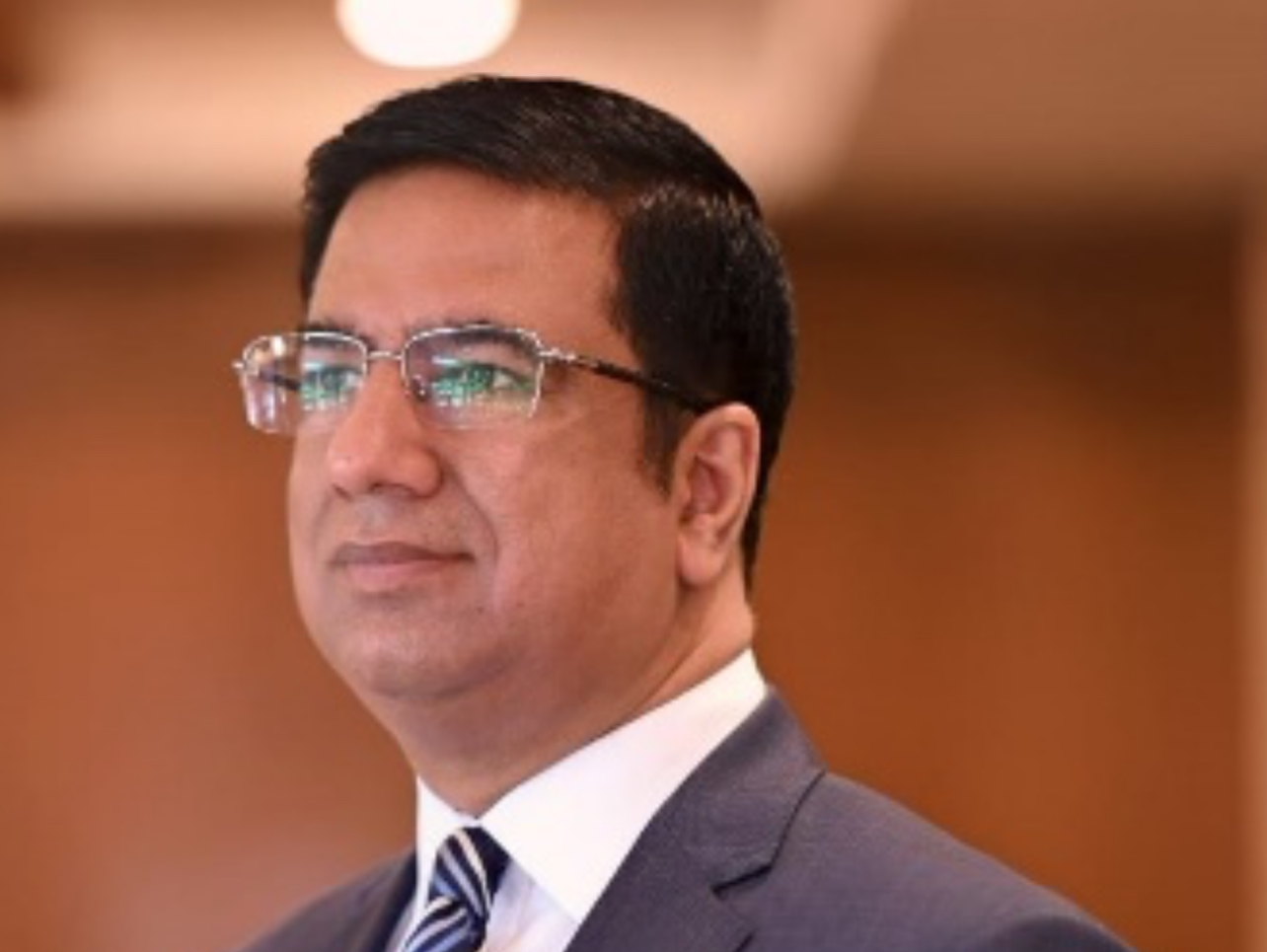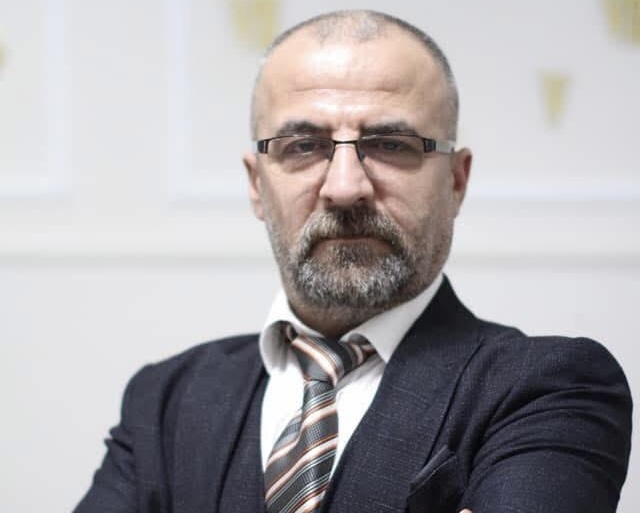Khalid Taimur Akram: Pakistan-Saudi Arabia Strategic Defence Agreement: A Historic Step Towards Unity and Strength
Saudi Arabia and Pakistan have always had a brotherly relationship. Both nations have stood by each other through thick and thin, politically, militarily, and economically whenever required. While Saudi Arabia has been a dependable partner for Pakistan during its economic downturn, Pakistan has provided the Kingdom of Saudi Arabia with military expertise and manpower. This relationship has always gone beyond diplomacy. It is based on faith, respect, and trust. With millions of Pakistanis living and employed in Saudi Arabia, and millions more going to the holy land each year for Hajj and Umrah, the two nations’ friendship is personal and strong.
This friendship has now entered a historic new phase. On 17 September 2025, Saudi Arabia and Pakistan signed a Strategic Mutual Defence Agreement, which states that aggression towards one state will be regarded as aggression against both. This is a significant event because it turns the enduring connection into a formal, binding one. The agreement is not merely a defencetreaty; it is a strong message to the world that Saudi Arabia and Pakistan stand together and that they are willing to defend each other’s sovereignty in full force.
This agreement is a affirmation of Pakistan’s increasing strength. As the sole nuclear power in the Muslim world with a professional and proven military, Pakistan commands respect on the global stage. At this point, it is clear that Pakistan has taken up the role of a security provider, not just for Saudi Arabia but for the whole Muslim world. It demonstrates that when it comes to matters of defence and stability, Pakistan’s role cannot be ignored. The fact that Saudi Arabia has opted Pakistan as its closest military ally is itself proof of Pakistan’s strength and rising stature.
This deal is also a reminder for the enemies that Pakistan is not alone. With Saudi Arabia, an oil-rich country, standing by its shoulders, Pakistan’s security is further strengthened. By working together, the two countries make it clear that any aggression against them will not be tolerated. Pakistan’s strategic strength is heightened by this unity, making any hostile nation think twice before considering any potential misadventure. For the people of Pakistan, it is a matter of pride that their country’s power is becoming recognized at the global level.
The benefits of this pact go beyond security. Stronger defence ties automatically open doors to greater economic, energy, and strategic cooperation. Saudi Arabia has been a reliable economic partner of Pakistan for ages, and now, with defence ties deepened, confidence in Pakistan’s stability will encourage more investment and development projects. This agreement secures vital Saudi investment and funding at a time of fiscal strain. For Pakistan, this means jobs, growth, and new opportunities, while Saudi Arabia gains a trusted partner to secure its future. Furthermore, it also strengthens Saudi Arabia’s defences against threats from various terrorist groups and regional turbulence caused by Israel’s genocidal actions in Gaza and aggression against other countries in the neighbourhood.
Simultaneously, this agreement carries broader significance for the Muslim Ummah. The unity of the Muslim world has been weakened by external interference and divisions for many years.However, this agreement between Saudi Arabia and Pakistan demonstrates what can happen when two powerful Muslim countries unite in mutual trust and strength.. With Pakistan’s nuclear and military capacity and Saudi Arabia’s financial power and global influence, the alliance can be the foundation of an even stronger, more cohesive Muslim front. Many wish that this is not just a bilateral deal but the beginning of enhanced Muslim cooperation and eventual rise of the Ummah as a force of stability and strength in the world.
This possibility excites ordinary people across both nations. The idea that Pakistan and Saudi Arabia can lead the way for the Muslim world is not symbolic; it is realistic. The agreement sets a precedent that may inspire other Muslim countries to strengthen bonds and move toward a collective security framework. For Pakistan, being at the center of such an initiative is both an honor and an opportunity. It underscores the fact that Pakistan’s strength is not only for its own protection but also for the defence and honour of the wider Muslim community.
Notably, representatives of both nations have emphasized that the agreement is defensive in character. It is not directed at one country and aims to safeguard sovereignty and peace. This responsible approach ensures that the agreement adds to security without creating unnecessary conflict. However, the very existence of this pact serves as a warning to any who may try to destabilize the region: Pakistan and Saudi Arabia will not stand alone, and they will not allow aggression to succeed.
In conclusion, this strategic defence agreement is more than just a treaty. It is the formal recognition of Pakistan’s power and importance. It proves that Pakistan’s nuclear power and military might are not only an asset for itself but also for its allies and the rest of the Muslim Ummah. By choosing Pakistan as its partner in defence, Saudi Arabia has shown where it places its trust. For Pakistan, this is both a source of pride and a stepping stone toward greater leadership in the Muslim world. Both Pakistan and Saudi Arabia have demonstrated that their bilateral relationship is not only historical but also a reflection of solidarity, strength, and promise for the future.
|
By Mr. Khalid Taimur Akram, Executive Director, PakistanResearch Center for a Community with Shared Future (PRCCSF), Islamabad |
Share this content:









Yorum gönder